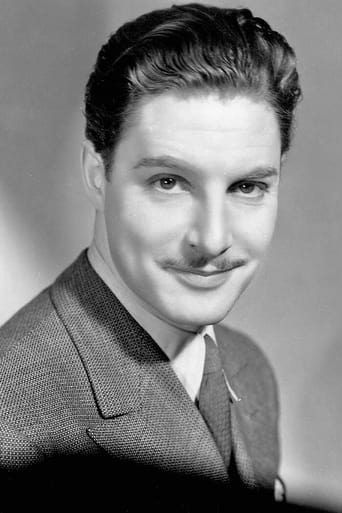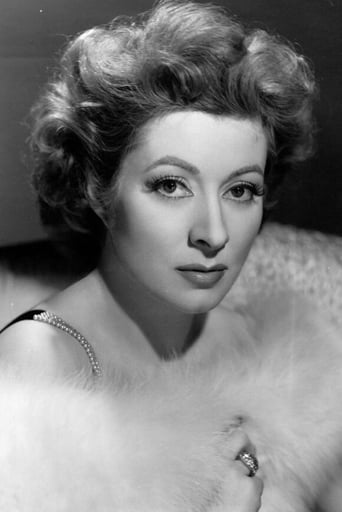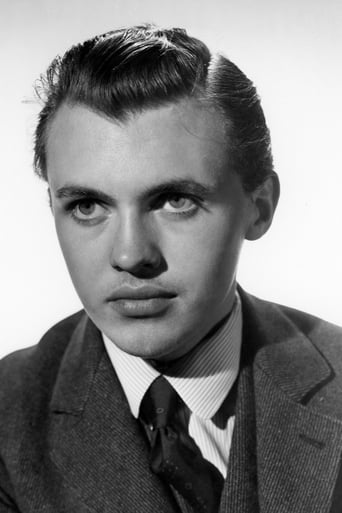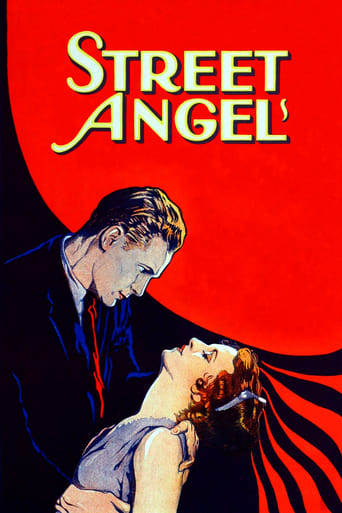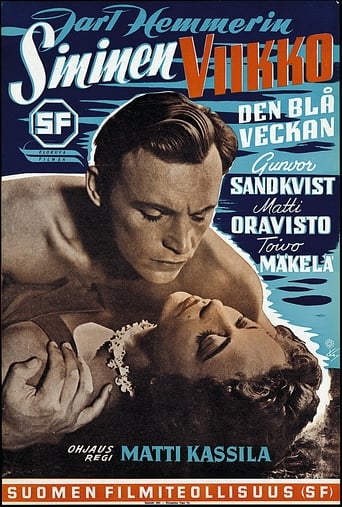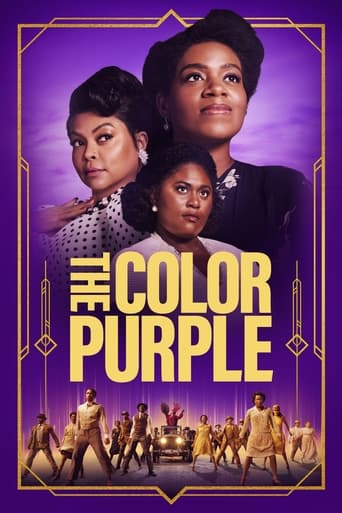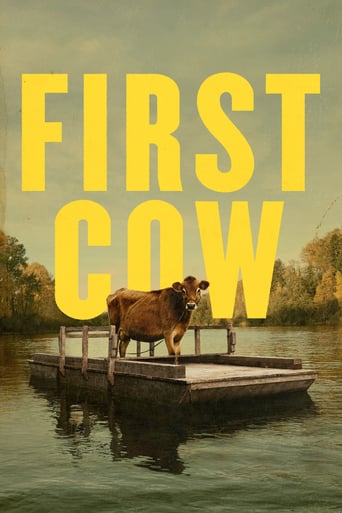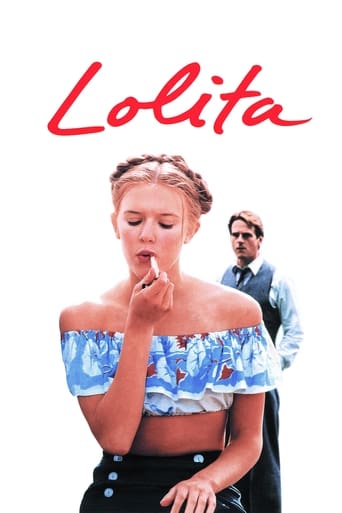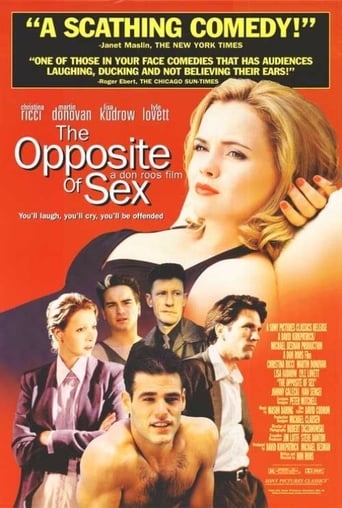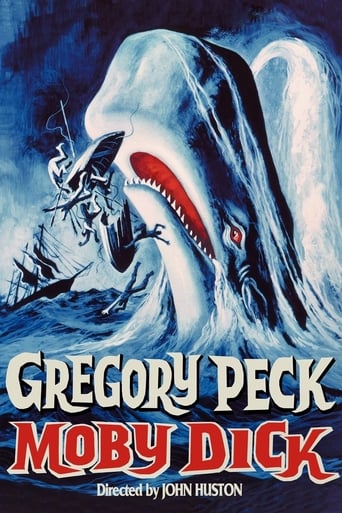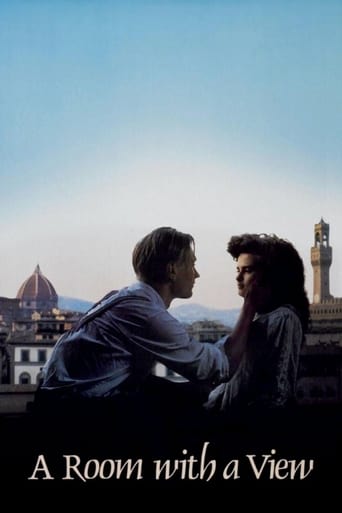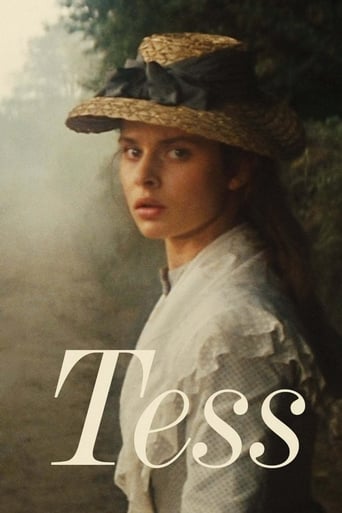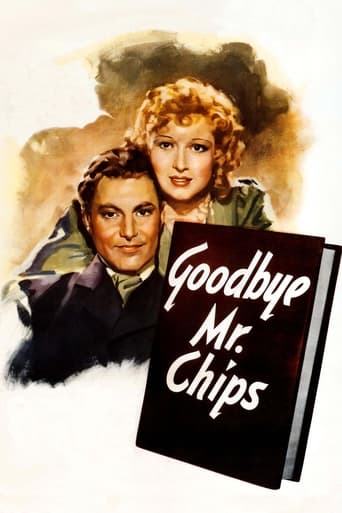
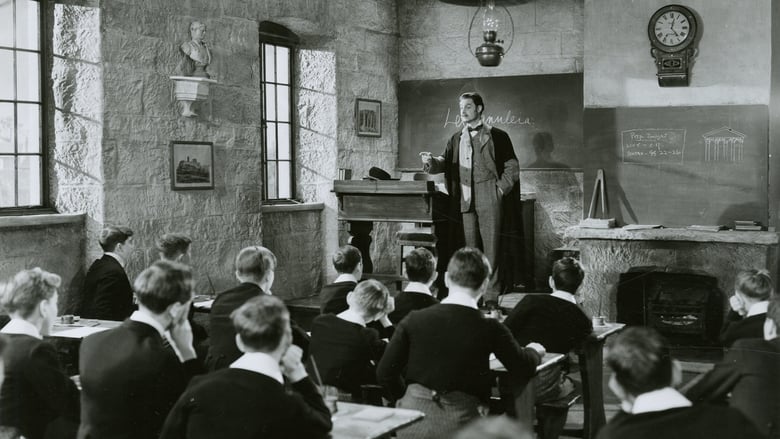
Goodbye, Mr. Chips (1939)
A shy British teacher looks back nostalgically at his long career, taking note of the people who touched his life.
Watch Trailer
Cast


Similar titles
Reviews
In 1969 I went on a field trip with my seventh grade class to see the motion picture Goodbye Mr. Chips staring Peter O'Toole as the Schoolmaster Chipping. I found that version quite dry. The O'Toole character played more of an arrogant professor than an aloof, vulnerable one his predecessor plays in the original. Plus there was no chemistry between O'Toole and his co-Star wife Petula Clark who also makes the story more caustic by breaking out into song and dance. Not that the performances were bad, It didn't fit the story. I ended up at the snack bar for the duration. One of my many bouts with insomnia lead me to catch the original movie of Goodbye Mr. Chips on a late Tuesday early Wednesday morn on TCM. This movie is about the life and career of fictitious Latin Schoolmaster Charles Edward Chipping played by Robert Donat. Our story begins in the year 1870 at a prestigious English boarding school with a rich tradition dating back to the fifteenth century. Enter a young, green, entry level Chipping who is faced with an unruly bunch of students in his first day of class. Chipping comes down on his boys which makes Chipping unpopular as he is disliked by the students but over time becomes a polished professor with the hopes of attaining the position of Housemaster.Chipping is crestfallen as he learned that he was passed over for the position. Just before Holiday break, friend and colleague German Master Max Staeffel (Paul Henreid)invites him to his native Austria and some mountain air to forget about his disappointment. Chipping reluctantly agrees as the two set off to the alps. Chipping gets more than he bargained for on this holiday in the hills. Chipping on a mountainside meets enthusiastic, vibrant Kathy Ellis (Greer Garson) who is also on a biking holiday. Romance permeates inside the foggy Alps as the two bond. Then separate and meet again in Vienna where they dance and stroll along the Blue Danube. I particularly enjoyed the train scene when they part. Kathy agrees to Marry the elder Chipping and Becomes the Schoolmaster's Wife at the boarding school. Kathy gains popularity with the students known now as Mrs. Chips fits right in with the curriculum as she plays surrogate Mum to the boys there. A blessed event turns to tragedy as Kathy dies in child birth. Chipping of course is devastated but continues onward in someday becoming the school's Housemaster as Kathy predicted he would be some day. New students join the old and another term unfolds as we hope that Mr. Chips gets his appointment. So heartwarming was the role of Robert Donat as you see his human side shine through every scene. You can't help but ring his door bell and join him for some tea and cake. Director Sam Wood captures the warmth and depth of the players in this film about a teachers devotion to his students as Chips Preaches to paraphrase, We are not here to create snobbish money making machines of our students. Director Sam Wood always knew a good leading man when he saw one. Great closing line by Donat but you'll have to matriculate into the film.
If you are reading these reviews because you wonder if you should bother watching this movie, read no further. Instead, treat yourself to it, and you will experience a wonderful, warm glow that only the greatest works of art can offer.But please understand: this is by no means what they now call a "feel good movie," filled with facile sentiment and easy tears. Not at all. It is a brilliantly written, masterfully acted and directed movie that contains truly joyous moments, yes, but also deeply painful ones.During the course of its two hours, you will have the great pleasure of watching a great actor, Robert Donat, develop a thoroughly three-dimensional character, Mr. Chips. Because Donat was a great actor, and because this movie has a great script, his Chips is not a lovable curmudgeon, or a silly old man, or any of the other facile, two-dimensional caricatures that could so easily have been offered. No, Donat's Chips is a very understandable, very real human being, an ideal to which many would love to be able to live up.Supporting him in her first movie role is the here truly luminous Greer Garson. Her kindness to Chips, her understanding of his shyness, is one of the many wonderful things in this movie.But enough of my words. None of them, try as I might, will even begin to give you an idea of how wonderful this movie will make you feel. Watch it when you can devote yourself to it completely, because it is worth your complete attention and will reward it a thousandfold.-------------------------I saw this movie again tonight. I don't know how many times I have seen it over the years, but that doesn't really matter. It is never boring, never too familiar. It is always just right. This is a flawless movie.
In a documentary on the MGM film studio narrated by Patrick Stewart we learnt that when MGM opened up a studio in England one of the first movies to be released from its British studio was "Goodbye Mr. Chips". It was a hugely successful film on both sides of the Atlantic Ocean confirming studio head Louis B. Mayer's faith in his new British MGM studio. The narrator also said that Robert Donat, playing a retired schoolmaster looking back on his life, gave one of the most moving performances ever put on film. Anyone seeing this movie for the first time would have to agree because he gives probably the best acting performance of a young man playing a very old man you will ever see. He teaches at Brookfields an exclusive public school for boys. As a young man he takes a holiday in Austria where he meets the love of his life Cathy played by Greer Garson. After a whirlwind romance they marry & his new wife accompanies him when he returns home to Brookfields. Before his marriage he was a rather shy & stuffy schoolmaster unpopular with the schoolboys. His wife Cathy is very charming & has the common touch which rubs off on her husband. Very soon Mr. Chips, with his wife's help, becomes a favourite with the schoolboys. Sadly, she dies during childbirth & so does the baby. After retirement he is given a house close to the school. At the outbreak of WW1 there is a shortage of schoolmasters & he is recalled to duty as temporary headmaster for the duration of the war. He reminisces that his late wife believed in him & once told him he would one day become headmaster. Later when the war is over & on his deathbed he overhears the new headmaster speaking to a colleague. He tells him, "I thought I heard you say that it was a pity I had no children. But you're wrong, I have. Thousands of them, thousands of them & all of them boys". It is one of the most moving & sentimental scenes in movie history.
1939 was truly a phenomenal year for movie lovers with such distinguished masterpieces as "Gone With the Wind", "The Wizard of Oz", "Mr. Smith Goes to Washington" to start with the most emblematic ones, and followed by the no less revered "Stagecoach", "Ninotchka" or "Young Mr. Lincoln" Yet, despite its lower recognition, "Goodbye, Mr. Chips", also Best Picture nominee, is still likely to grab the attention of a movie fan because it features the performance that won the Oscar for Best Actor, which is saying a lot in 1939. No, it was not James Stewart who won for his outstanding emotional role as Jefferson Smith, neither did Clark Gable as the iconic Rhett Butler or Laurence Olivier as Heathcliff, no fate decided that the prestigious award would go to a Robert Donat who played a shy and humble schoolmaster named Arthur Chipping aka 'Mr. Chips'. I admit that I was less eager to see the film than the performance that beat those stellar performances but the result was the same anyway. First, "Goodbye, Mr. Chips" is significant as a milestone for school movies. "Dead Poets Society", "To Sir, With Love", "Blackboard Jungle", they all owe something to "Goodbye, Mr. Chips", the inspirational story of a teacher who dedicated his whole life, 63 years, to his profession, to his boys. But don't expect the life-changing teacher, who'd open his pupils' eyes. Sam Wood's film is beyond the stereotypes it will later inspire. All we have is just a man who'll learn the most difficult job in the world and the noblest, something that demands courage, patience, understanding and a sincere enthusiasm. His authority is challenged in the beginning, making him question if he's fit to the job, but progressively, he'll try to learn to find the right balance. But it's only by meeting his future wife that his status in Brookfield will go from a good teacher to the living legend.Greer Garson, as Susan, was nominated for an Oscar in a leading role, and I can understand why it leaves some viewers perplexed. But I think she exemplifies the importance of a woman in man's life, and no man is shy enough to never find the true love, and certainly not a good man like Chips. Susan will lead the lead character, teaching him how to smile, how to overcome his own weaknesses, how to make a friend out of his kids, much more, she's the one who'll earn him his nickname. The film's second act entirely focuses on the relationship between Chips and Susan, their romantic waltz in Vienna, the Blue Danube music. And although it tragically ends with her precocious death by giving birth, we understand that she paved the way to Chips' popularity and helped him to become a living legend. I was also interested to see the film because Chips was listed in AFI's Top 50 Greatest heroes, and I wanted to know what was so inspiring about him. I think he's like Rocky Balboa, a sort of ideological hero who conveys positive values about life, about remaining true to a sort of a positive discipline. He's a man who faced war, the death of his wife, of colleagues, friend and of course pupils, and still he took the distance. Full of contradictions, he was capable of teaching during German bombings and yet delivers a eulogy to one of his German friends who taught at Brookfield. Chips valued life too much to get stuck in patriotic exaltations. He was a good man, eccentric, charismatic, funny, but a positive model.And if by no means, "Goodbye, Mr. Chips" is equal to "Gone With the Wind", in its own humbleness and simplicity, the film is capable to reach a superior emotionality that doesn't rely on epic moment or powerful dialog. It's just the sight of this humble man, going older and older, yet never letting his love toward his profession and pupils being altered by the passing of time. Robert Donat is magnificent as Mr. Chips, and I couldn't believe a 34-year old could play an old man in such a convincing way, in this cute way to stick his mouth to his mustache or to emphasizes the 'o'. Going from this mild-mannered playboy to a shy middle-aged man and then an old Einstein-looking elderly is indeed a performance that deserved an accolade. But Donat's performance and the impressive ways were not the only way to suggest the passing of time. When he comes in Brookfield to start as a teacher, kids talk about Prussians defeating the French, well the film demands a little knowledge, but we understand it's in 1870. Later, the year 1901 is indicated when a student comments about Queen Victoria's death and can't believe Britain will have a king. This summarizes what Chips incarnates: longevity. He's a 83 year old schoolmaster, a living legend, loved and admired, who's so old in his school that he taught three generations of boys, an element of his life cleverly highlighted by the three Colley's kids, all played by the same kid. Still, one of the most representative moments of the film is the many montages of pupils and students filing past and recalling their names. The flow of kids, of new faces, of children and young men, is like a metaphoric view of life as a river where it's never the same water that runs. And combined by with the ringing bells and the film's outstanding music in high volume, and Chips' deathbed words, it's impossible not to be touched by this film, and its lead character, a sympathetic character full of this same innocence that would be lost after 1939 and Hollywood would see the rise of more cynical and fatalistic genres, like the film-noir. Chips dies with his innocence, but his remembrance is eternal.


